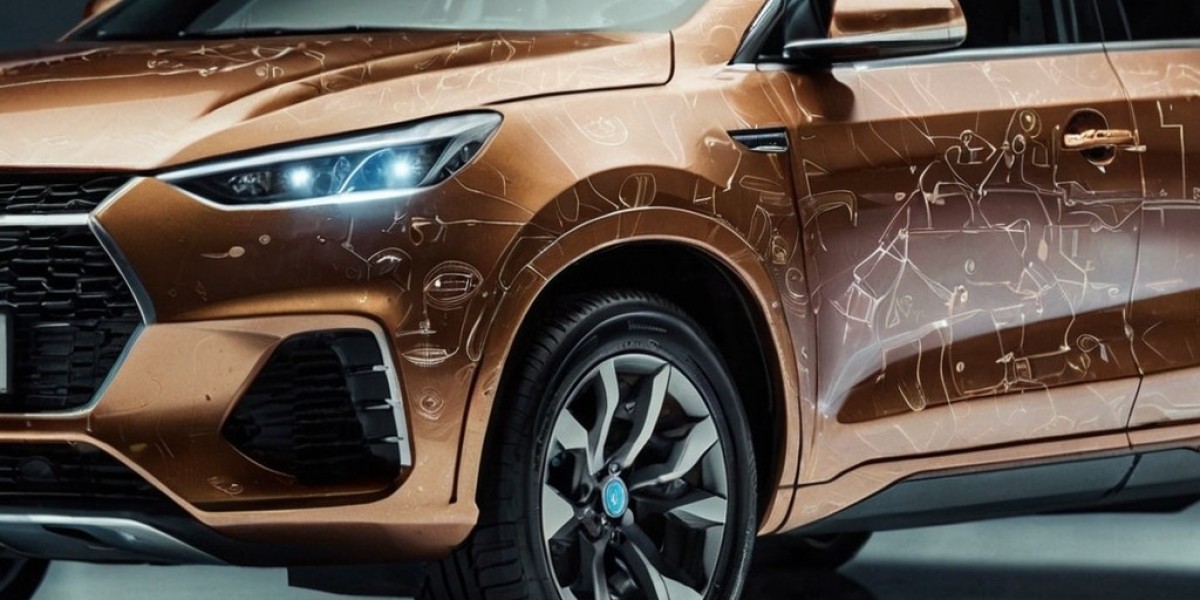The rise of electric vehicles (EVs) has transformed the automotive industry, demanding innovative manufacturing techniques to meet new performance and sustainability standards. Among these techniques, CNC (Computer Numerical Control) machining has emerged as a critical process, enabling manufacturers to produce high-quality components with precision and efficiency. This article explores the relationship between CNC machining and electric vehicles, highlighting its impact on production and design.
1. Precision Manufacturing for Complex Components
Electric vehicles require a variety of intricate components, from battery housings to electric motor parts. CNC machining allows manufacturers to produce these parts with exceptional accuracy, ensuring that they meet the stringent specifications necessary for optimal performance. The ability to create complex geometries and fine tolerances is essential in the production of lightweight and durable components that contribute to the overall efficiency of EVs.
2. Material Versatility
CNC machining is compatible with a wide range of materials, including aluminum, plastics, and advanced composites. The automotive industry increasingly relies on lightweight materials to enhance energy efficiency and extend battery life in electric vehicles. CNC machining enables manufacturers to work with these materials effectively, producing components that are both lightweight and strong, which is crucial for the performance and range of EVs.
3. Rapid Prototyping and Design Iteration
The fast-paced nature of the EV market demands quick turnaround times for new designs and prototypes. CNC machining facilitates rapid prototyping, allowing engineers to create functional models of components quickly. This capability not only accelerates the design process but also allows for iterative testing and refinement, enabling manufacturers to respond swiftly to market demands and technological advancements.
4. Sustainability in Manufacturing
As the automotive industry shifts towards sustainability, CNC machining contributes to environmentally friendly practices. The precision of CNC processes reduces material waste, as components can be manufactured closer to their final dimensions, minimizing scrap. Additionally, the use of advanced CNC machines often involves energy-efficient technologies, aligning with the green initiatives of the electric vehicle sector.
5. Integration with Automation and Industry 4.0
CNC machining is increasingly integrated with automation technologies and Industry 4.0 principles. Smart factories utilize connected CNC machines that can communicate with other systems, enhancing productivity and reducing downtime. This integration allows for real-time monitoring of machining processes, optimizing production efficiency, and ensuring quality control—critical factors in meeting the demands of electric vehicle manufacturing.
6. Scalability for Mass Production
As the demand for electric vehicles continues to rise, scalability in manufacturing processes becomes essential. CNC machining can be easily scaled up to meet higher production volumes without compromising quality. This adaptability is particularly important for automotive manufacturers as they work to meet growing consumer interest in EVs while maintaining competitive pricing.
Conclusion
CNC machining plays a vital role in the evolution of electric vehicles, providing manufacturers with the tools needed to produce high-quality, precise components efficiently. As the demand for EVs increases, the integration of advanced machining techniques will be crucial in driving innovation within the automotive industry. By leveraging the benefits of CNC machining, manufacturers can enhance the performance, sustainability, and scalability of electric vehicles, ultimately contributing to a greener future for transportation.








